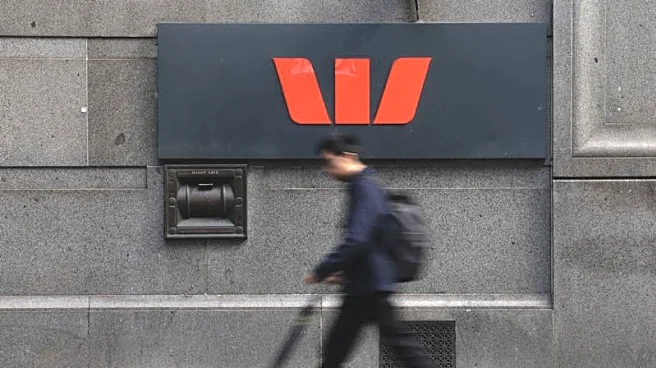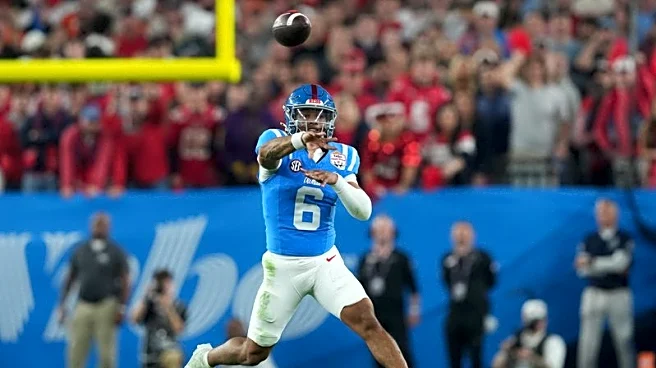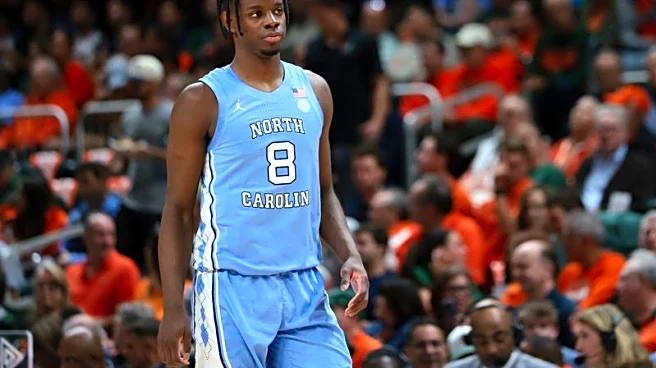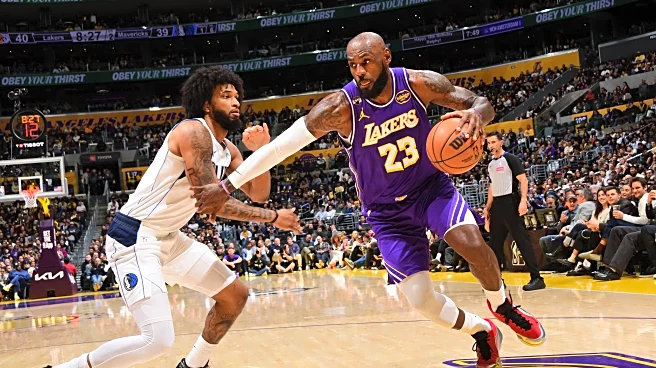Rapid Read • 8 min read
Meta has partnered with Midjourney to integrate AI-generated content into its social media platforms, including Facebook, Instagram, and the newly launched Meta AI app. This collaboration aims to improve the visual quality of AI-generated videos, which are rapidly produced and often repetitive, known as 'AI slop.' Despite criticism for cluttering feeds with meaningless content, these videos have gained popularity and significant ad revenue. Midjourney's technology allows users to create visually appealing videos with minimal human input, driving user engagement and monetization opportunities.
AD
The partnership between Meta and Midjourney highlights the growing influence of AI in content creation and its potential impact on social media engagement and revenue. AI-generated videos, despite being criticized for their lack of substance, offer creators a strategic tool to engage with algorithms and potentially go viral. This development underscores the financial potential of AI technologies, as creators can produce content quickly and at scale, maximizing reach and ad revenue. However, it also raises concerns about the quality of content and legal issues related to copyrighted material used in AI training data.
As Meta continues to integrate AI technologies into its platforms, the role of AI-generated content in social media is expected to expand. This could lead to further innovations in content creation and monetization strategies. However, ongoing legal challenges, such as Midjourney's lawsuit with Disney and Universal over copyrighted material, may influence the future of AI-generated content. Stakeholders, including social media platforms and content creators, will need to navigate these challenges while exploring the benefits of AI integration.
The rise of AI-generated content raises ethical and cultural questions about the nature of creativity and the value of human input in content creation. As AI technologies become more prevalent, there may be shifts in how audiences perceive and interact with digital content. Additionally, the legal implications of using copyrighted material in AI training data could lead to changes in intellectual property laws and content creation practices.
AD
More Stories You Might Enjoy












